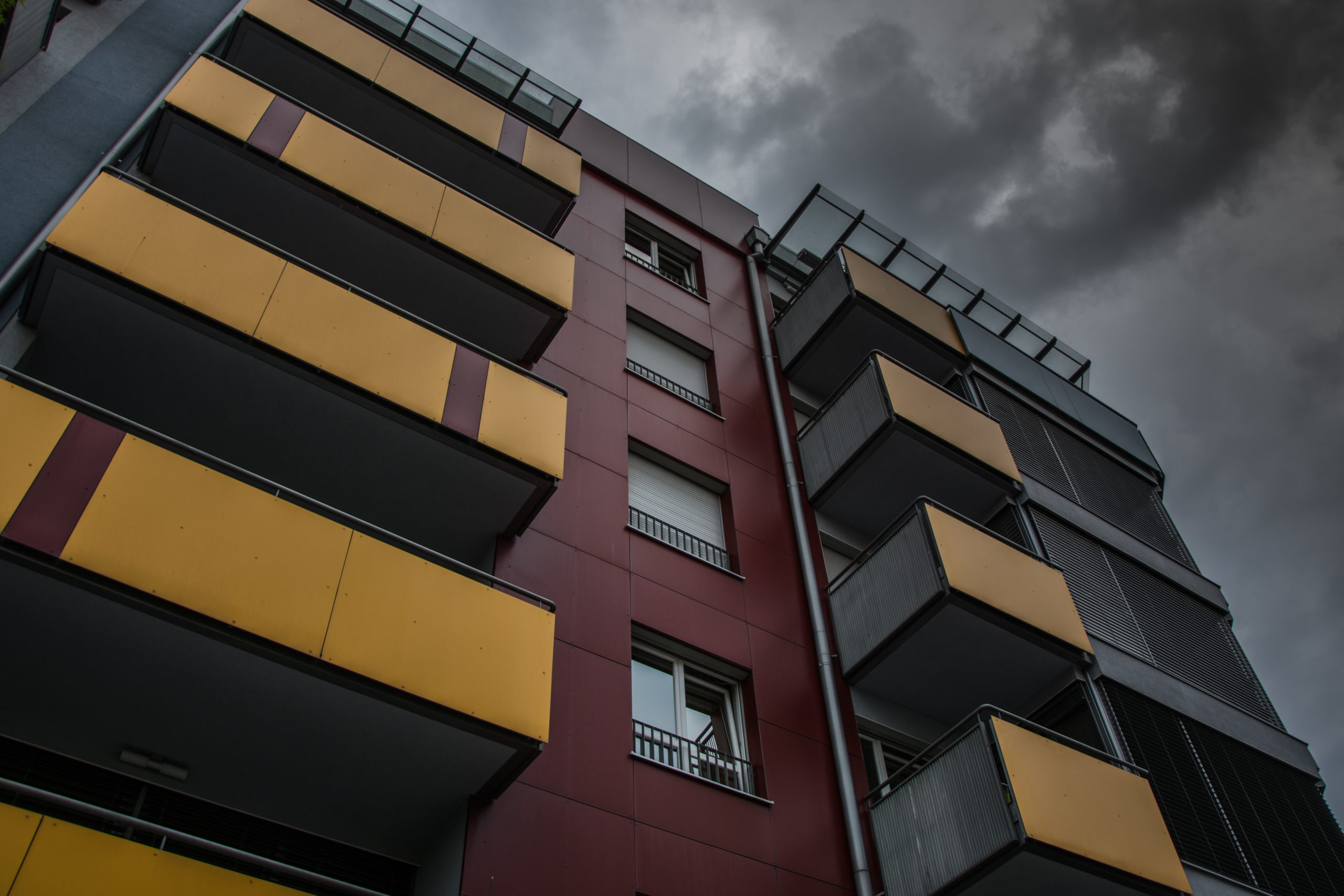Midyear 2020 Multifamily Investment Market Update

- Refinances accounted for 73% of apartment loans, up from 61% in 2019.
- Apartment mortgage rates fell to 3.6%, marking the lowest rate on record.
- A total of $55.0 billion in sales volume was recorded, sharply down from the pace of 2019’s record high.
Refinance Activity Increases
During the first half of 2020, the multifamily lending environment experienced a historically high level of refinance activity.
Refinances accounted for 73% of apartment loans through June, according to data from Real Capital Analytics (RCA) reflecting property and portfolio transactions of at least $2.5 million. This was the highest level of first-half refinance activity on record. In comparison, refinances during the first half of 2019 accounted for 61% of multifamily lending, which was in line with the five-year average.
The high percentage of refinance activity has been spurred by historically low interest rates. RCA reported that apartment mortgage rates fell to 3.6% in the first half of 2020, down from 4.5% at the same time last year, and marking the lowest rate on record.
Sales Activity Slows
Although there has been an increase in refinancing, the COVID-19 pandemic led to a steep drop in sales activity. Through the first six months of the year, $55.0 billion in multifamily sales volume was recorded, not the lowest volume on record, but sharply down from the pace of 2019’s record high of $190.0 billion. However, apartments remain the preferred commercial real estate sector, leading all other major types in investment volume during the first half of 2020 as it had for all of 2019.
RCA commented that the pause in investment activity signaled that the market is in a “shock and triage” phase of the cycle, as potential buyers remain cautious. The market won’t enter the “price discovery” phase until forced sales lead to an increase in volume.
The recession caused by the pandemic has also affected apartment values. As of June 2020, the Real Capital Analytics Commercial Property Price Index (RCA CPPI) fell to an annualized rate of 7.1%, down from 8.4% compared to the same time period of last year. Cap rates remained stable, averaging 5.3% through June, in line with the 2019 average.
The Sector Shows Resiliency
Although these measures show the multifamily market is not immune to the effects of the recession, and while the course of the pandemic is still unknown, the sector has shown resiliency thus far. Renters have prioritized paying their rent, despite the high level of unemployment. The National Multifamily Housing Council’s Rent Payment Tracker found 91.3% of apartment households made a full or partial rent payment by July 20. Additionally, with high prices and tight supply in the housing market, many would-be home buyers will be forced to remain renters, which will help to stabilize the multifamily market.
Interested in the multifamily real estate investment market? Contact Arbor today to learn about our array of multifamily financing options and view our other market research on the Chatter blog.

